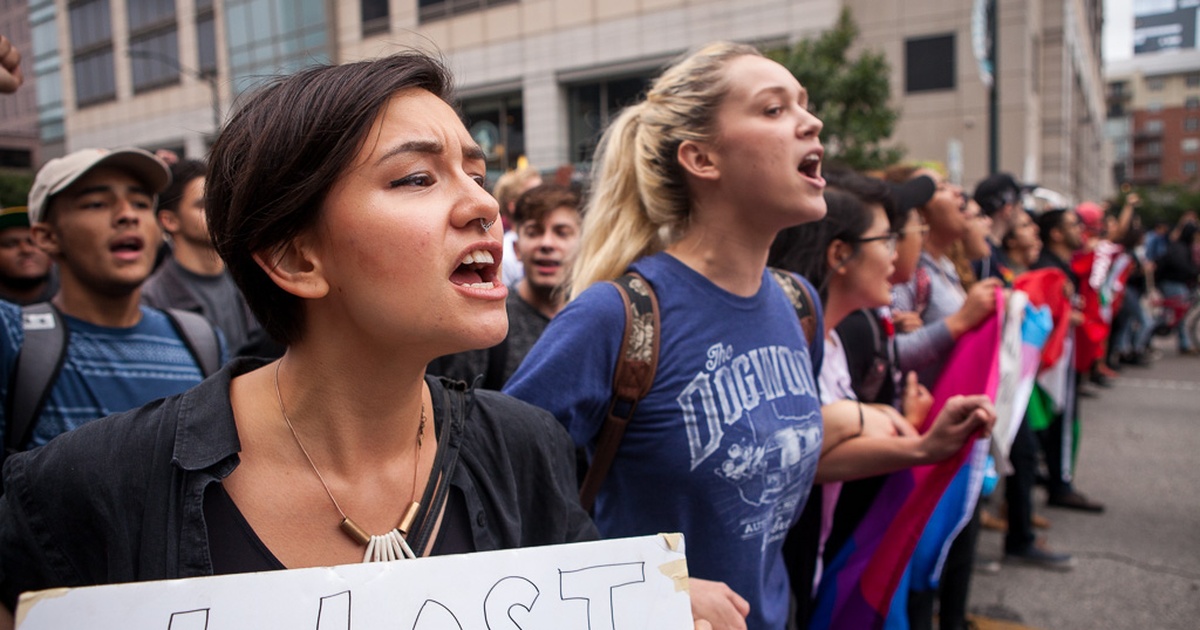With the summer break still in session, some Texas State University students are already contemplating the future of their pro-Palestinian demonstrations. This concern arises from a recent change in the university’s free speech policy, mandated by Governor Greg Abbott, aimed at curbing antisemitic language and incidents on public college campuses in Texas.

Quiet Implementation of New Free Speech Policy
On June 20, Texas State University quietly revised its free speech policy to align with Abbott’s executive order. The governor’s directive requires all public higher education institutions in Texas to update their policies to address the increasing incidents of antisemitic speech and acts. These institutions must now outline the potential consequences for anyone violating the new policy. The updated policy incorporates the state’s definition of antisemitism from the Texas Government Code, which describes it as a “certain perception of Jews that may be expressed as hatred toward Jews,” including rhetorical and physical acts directed toward Jewish or non-Jewish individuals, their property, Jewish community institutions, or religious facilities.
Statement from the University Authorities
Mike Wintemute, vice chancellor for marketing and communications at Texas State University System, explained that the policy now includes the antisemitism language from the executive order and details potential disciplinary actions for policy violations. However, the specific consequences for violations have not changed and will be determined on a case-by-case basis. Wintemute noted that the university did not formally announce the policy changes to the student body, relying instead on news coverage to inform students.
Mixed Reactions from Student Groups
Student reactions to the policy change have been mixed. Some students are worried that pro-Palestinian demonstrations could be misinterpreted as antisemitic under the new policy. Zayna Abdel-Rahim, co-chair of Texas State’s Palestine Solidarity Committee, expressed concern upon reading the executive order, particularly since her organization was specifically mentioned by Abbott as a group that must be “disciplined for violating these policies.”
In contrast, Rabbi Ari Weingarten, who works with the Jewish organization Chabad on campus, supports the executive order, viewing it as a genuine effort to protect Jewish students. He believes that the new policy will enhance the safety of the Jewish student community by clearly establishing a stance against antisemitic hate speech. “If your free speech is hate speech for somebody else, then someone has to come in and say ‘no, this is hateful’ to that person,” Weingarten said. “That’s exactly what the university is doing.”
Concerns Over Broad Definition of Antisemitism
Despite assurances that the new policy does not prohibit pro-Palestinian demonstrations but targets hate speech towards Jews, Abdel-Rahim remains skeptical. She is particularly concerned about the broad and potentially ambiguous definition of antisemitism, fearing it could lead to unwarranted punishments. “When you look at that definition, it can be taken in a lot of contexts, which could thus be taken to turn around and hurt students,” she said. “I think that there should be no issue in me saying an opinion of mine. But because of this very vague definition, it can be taken out of context, and that’s the dangerous part.”

Abdel-Rahim emphasized that the Palestine Solidarity Committee will continue its advocacy on campus, despite the potential challenges posed by the new policy. The ongoing debate at Texas State University reflects broader national discussions on balancing free speech with the need to protect communities from hate speech.
